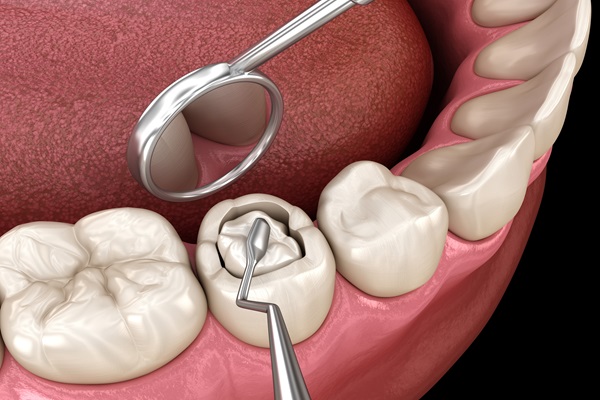Do All People Get Wisdom Teeth?

Wisdom teeth are clinically referred to as the third molars. An average person has four wisdom teeth, one for each corner of the upper and lower jaw. They are the final set of teeth to erupt and appear behind the last tooth in each section. The name is derived from the fact that they erupt in a person's mouth usually between the ages of 17 and 25, when it is expected that the person is wiser or starts seeking wisdom.
Facts about wisdom teeth
Recent studies have shown that not everyone will get wisdom teeth. It is estimated that up to 35 percent of people are missing one or more wisdom teeth. There are multiple explanations for why the wisdom teeth may be absent in the mouth.
One explanation is that they may be present but have not come out yet. A wisdom tooth may not form if they are impacted, meaning that there is insufficient space on the jaw for their growth and they may remain reticent in the jawbone for several years.
Lack of wisdom teeth may also be genetic. A study done by Princeton University revealed that evolution plays a significant role in the absence of wisdom teeth. The study explained that expanding brain size over thousands of years indicated that the head no longer had the size required to allow for a larger brain and extra teeth. The alteration in jaw structure means that the extra teeth are no longer needed since the first and second molars are enough for chewing. The lack of wisdom teeth will not affect your ability to eat properly.
Critics of evolution place more significance on the nutritional modification that has happened over the years in humans, which has reduced our dependence on wisdom teeth. This theory counters the argument for evolving jaw and brains. However, a comparison between the prehistoric jaw and modern jaw shows that there is a slight difference in size and space.
Should you be worried if you do not have wisdom teeth?
There is no need to be worried. Absence of wisdom teeth is a common occurrence nowadays. You may even discover that your parents or grandparents are missing these teeth. Lack of wisdom teeth will not limit your ability to chew in any way. It may even be a thing to be grateful for because wisdom teeth are sometimes known to wreak havoc in the mouth and cause pain.
Impacted wisdom teeth
Wisdom teeth are considered impacted if there is not enough space for them to erupt into the jaw or they come out at an awkward angle or unexpected location. Poor eruption or positioning can lead to pain and infections. Even if the wisdom tooth forms without any issue, it could cause issues later in life because they are sometimes harder to clean due to their location in the mouth.
In summary
Wisdom teeth may erupt, but if they do not, there is nothing wrong with you. There is an increasing number of people living without wisdom teeth. It is safe to say they have outlived their usage and are gradually phasing out.
Request an appointment here: https://www.emergencydentistinorlando.com or call Maitland Square Dentistry at (407) 337-1112 for an appointment in our Maitland office.
Check out what others are saying about our services on Yelp: Read our Yelp reviews.
Related Posts
The lifespan of a dental filling is limited. Due to normal wear and tear, a replacement may be necessary. When a filling deteriorates or comes loose, your tooth loses the protection that it has against injury and decay and will be more vulnerable to dangerous bacteria. To avoid more dental issues in the future, you…
A dental crown can save a tooth that is in danger of extraction. Dental crowns serve a dual purpose. They reinforce the tooth structure and improve the appearance of the smile at the same time. This means that a dentist could recommend a crown as a treatment for tooth decay or injury. A cosmetic dentist…
The time and effort that go into fitting a dental crown suggest a permanent restoration. Maybe it is the fact that installing a dental crown often requires multiple dentist visits. It could be the permanence that comes with the removal of enamel before the placement of a crown. Dental crowns that sit on dental implants…
A dental crown is a versatile restoration that can be used to address a wide range of dental issues like a cracked, chipped, decayed, deformed, or broken tooth. The crown covers up the part of the tooth that is visible above the gums, protecting it from further damage and acids made by oral bacteria.The severity…


